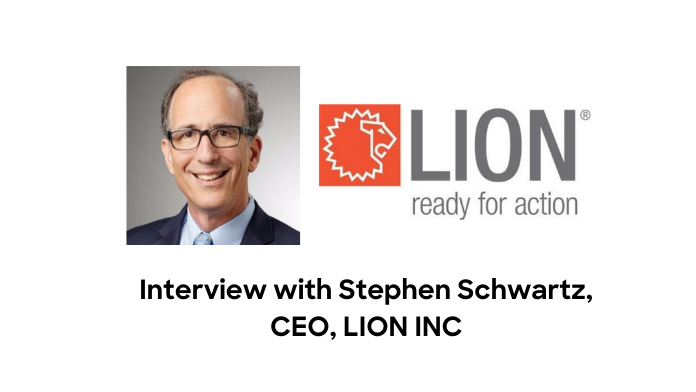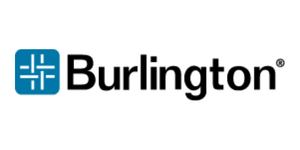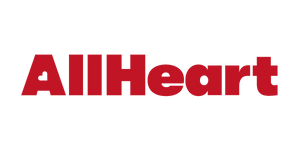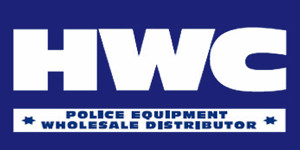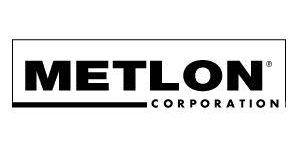One of the largest providers of uniforms & PPE for first-responders around the world, LION Group, has recently announced the acquisition of Elbeco, another family-owned company that designs and distributes performance uniforms for law enforcement, fire & EMS professionals throughout America & Europe.
We caught up with Stephen Schwartz, CEO of LION, to know his thoughts on what this acquisition means for the public safety industry at large and how the market is positioned to evolve and adapt after the COVID-19 pandemic.
What’s the story of LION?

LION traces its origin back to 1898 when my great grandfather started selling work clothing from his personal buggy. He was 100 years ahead of the mobile shopping revolution and might have continued selling from more buggies if he had been able to use wireless 3G but had to revert back to bricks and mortar, so in 1911 he opened up a store called the LION Store and sold men’s work clothing from the store. We then went on to supply electrically heated flight suits to the US Army Air Force during World War II which was our first impact innovation.
After the war, we gradually grew our business as a service uniform provider as the interstate highway system grew, and with it grew the count of service stations and service station attendants. We were the early birds in using non-natural fabrics like polyester, and rayon as part of making products that were more durable and stain-resistant. Over the course of the 60s’, my Grandfather became very interested in selling work uniforms to fire departments. That led to him acquiring two different protective clothing companies that made what is known by firefighters as turnout gear – the gear that firefighters wear into fires on top of their station-work uniforms. That really launched us into the publish safety segment.
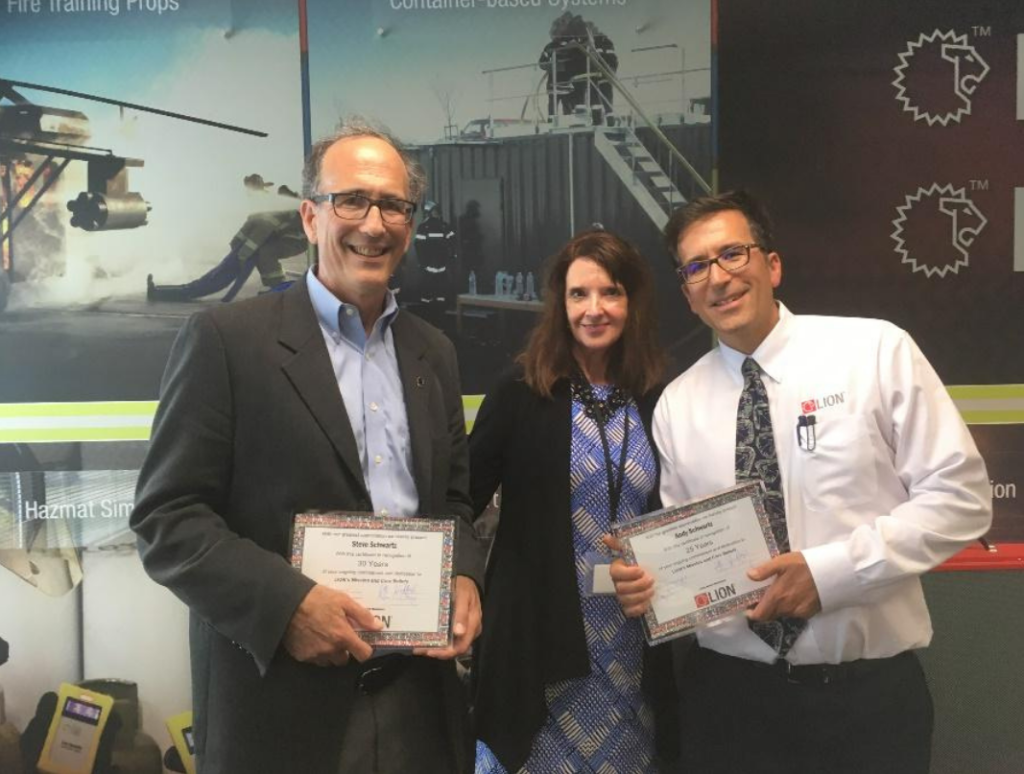
Through the 1980 and 1990s, we continued to focus more and more on public safety. In 2006 we sold our legacy service uniform business just to focus on first responders. Just a few months ago we acquired the Elbeco company to expand the breadth of our product line into law enforcement gear and also to increase our station uniform business. Personally, I have been working in the uniform business for the past 33 years.
Readiness is part of our mission because first responders must always be ready for action. One aspect of staying ready is managing the life cycle of our customer’s gear. Another is ensuring that the customer’s order is delivered on time and with excellent quality. Finally, identity is a key part of our mission. I am sure everyone in the industry understands the pride that we all want end-users to feel while wearing their uniform. It’s an especially strong feeling if not the strongest in agencies like Law-enforcement, fire- departments, and military personnel.
How do you see the industry evolving and adapting, how ready is the market or industry is for another Covid-like situation?
The industry is still challenged very much by the threat of this scale of pandemic in two ways. First, from an internal perspective, I treat the apparel business as extreme collaboration. It requires a lot of personal interaction in the development of programs, in the selling process and the manufacturing and delivery process. So, we are very dependent on human interaction and to the extent that interaction is limited by the effects and limits put on us by Covid, it will remain a challenge.
Second, from a customer perspective, the pandemic has caused big challenges in recruitment and retention, and stress on budgets, which affect our customers ability to pay for our products, especially in the current highly inflationary environment.
How do you think technology can help manufacturing companies, what is in your opinion an ideal technology stack for a manufacturer?
I think it’s really important more than ever that you have an integrated system that allows you to operate and understand the business as real time as possible
The Technology stack in terms of running the business should be agile and about what you are planning to build, what you are building, and how you are reacting to customer issues. We have embraced the Microsoft BI stack as part of our data platform and that has been extremely important in these dynamic times. Because of BI, we have visibility in real-time that we did not have from our ERP until we added BI.
So, the other technology stack which is becoming more and more important is the real time data that we can collect from people acting as sensors. I expect that capability will become an expectation for customers, whether it is integrated into the uniform or its separate devices worn by people who wear uniforms.
LION has expanded its portfolio, but how do you see the public safety market evolving, what do you think is the potential for growth there?
The market itself is not necessarily growing in terms of numbers of law enforcement personnel or fire personnel. But the potential of growth is tremendous because of the way we approach the market. To me, we have unique perspective on how to approach customers because of our history and legacy of providing technical garments and secondly our legacy as a solution provider instead of only as a provider of products. Customers today are more technically curious and want their vendors to provide solutions. These are cultural changes that we are very comfortable with because that’s been a part of how we have addressed the market in the technical clothing business for a long time.
What do you think business leaders should do to be successful? How should they navigate frequent shifts in markets, if you could share a few examples?
Often business pundits talk about speed as a very important aspect in today’s markets, but speed is defined as moving fast, but does not have a direction. Velocity is both a direction and speed. I call it purposeful speed. So, at LION, we talk about how we can create faster velocity, making sure that we have a purpose and a specific direction we are headed and go faster in that direction. The other way we address clear direction is by making sure we have a good process of change and how we manage change so that we are disciplined about it and address it decisively.
Another word which comes to mind is agility or being agile because to your point, there is a lot of change in all markets that has been on-going and will continue to be on-going for the indefinite future. So, we have to keep those two ideas, velocity and agility, in mind every day. One way to work on velocity is to make sure we are clear about our goals and objectives and what our strategy is, and the other way is to stay agile.
Closing Thoughts
I am honored to be the person that succeeds David Lurio as the steward of the Elbeco brand. We intend to preserve all of the values that Elbeco represents in the market- values of quality, integrity, innovation, and high-level service. We also intend to bring some new ideas to enhance those values I look forward to being more engaged with the law enforcement market and watch how our great LION team takes the Elbeco brand to the next level of customer delight from the high position it sits today.

The interview is a part of the Spotlight series published in the Spring-Summer edition of MadeToMeasure Magazine, the uniform industry’s leading trade journal since 1930.
Recommended Reads: Driving Sustainability in the Uniform Industry with 3D Size-Matching Technology – An Interview with Tuoc Luong, CEO BodiData




